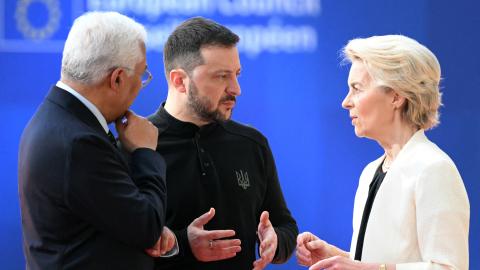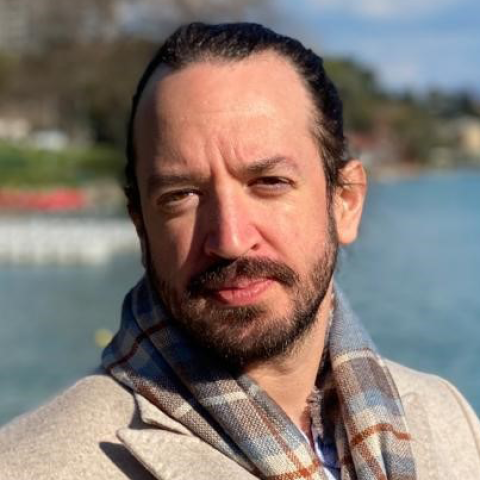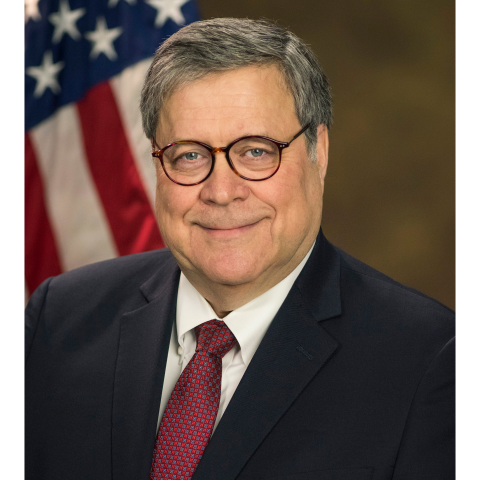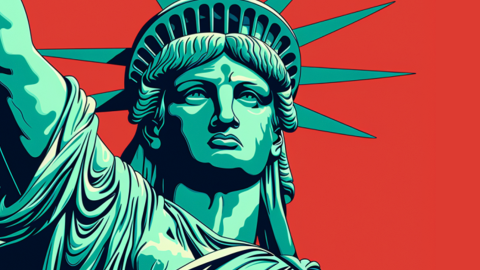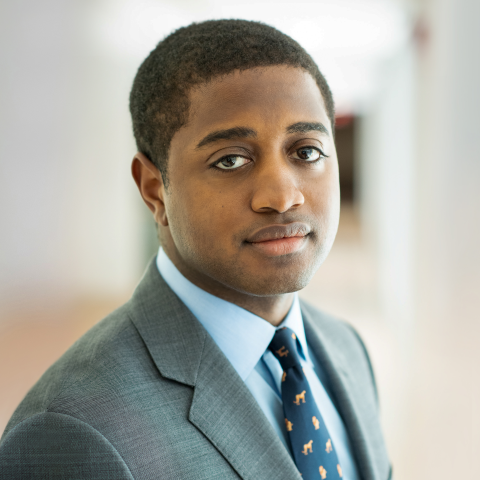
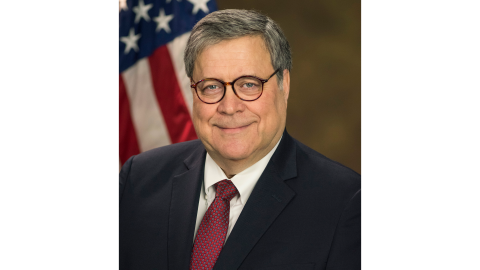
Sort by:

Caption
A bag of evidence containing the synthetic opioid fentanyl disguised as Oxycodone is shown during a 2020 news conference at the Fresno County Sheriff Office in Fresno, California. (Craig Kohlruss/The Fresno Bee/Tribune News Service via Getty Images)

Caption
A logo sits illuminated outside the Google booth at ISE 2023 and IOT Solution World Congress at Fira Barcelona on January 31, 2023, in Barcelona, Spain. (Cesc Maymo via Getty Images)
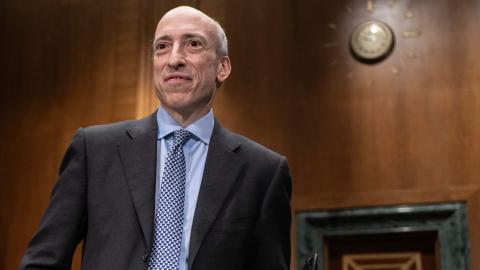
Caption
Gary Gensler Chair of the US Securities and Exchange Commission arrives to testify during a Senate Banking, Housing, and Urban Affairs oversight hearing to examine the US Securities and Exchange Commission on Capitol Hill in Washington, DC, on September 12, 2023. (Andrew Caballero-Reynolds/AFP via Getty Images)
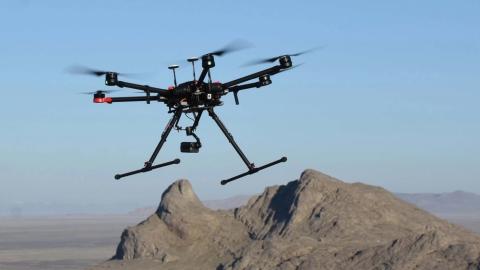
Caption
A small unmanned aircraft system in flight at Dugway Proving Ground on December 10, 2020. (Becki Bryant via DVIDS)
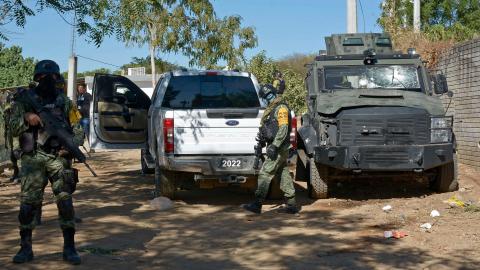
Caption
Soldiers stand guard next to an Army vehicle that was destroyed during an operation to arrest Ovidio Guzman in Culiacan Sinaloa State, Mexico, on January 7, 2023. (Juan Carolos Cruz/AFP via Getty Images)
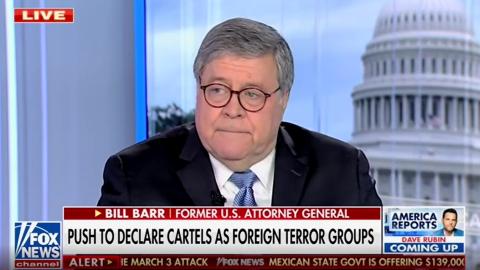
Caption
(Screenshot via Fox News)
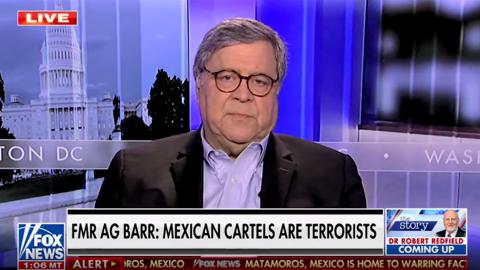
Caption
(Screenshot via Fox News)

Caption
Seized marijuana bricks are incinerated in Guadalajara, Mexico, on March 23, 2018. (Ulises Ruiz/AFP via Getty Images)
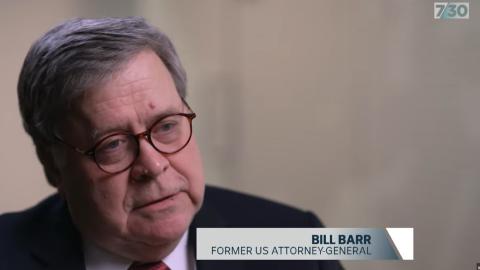
Caption
(Screenshot via ABC Australia)

Caption
The icons of internet companies Facebook, Google, and Twitter on the screen of an iPhone. (Stefan Jaitner/Picture Alliance via Getty Images)

Caption
Beta version of IM Motors L7 electric sedan is on display at the North Bund on December 26, 2021, in Shanghai, China. (Shen Chunchen/VCG via Getty Images)

